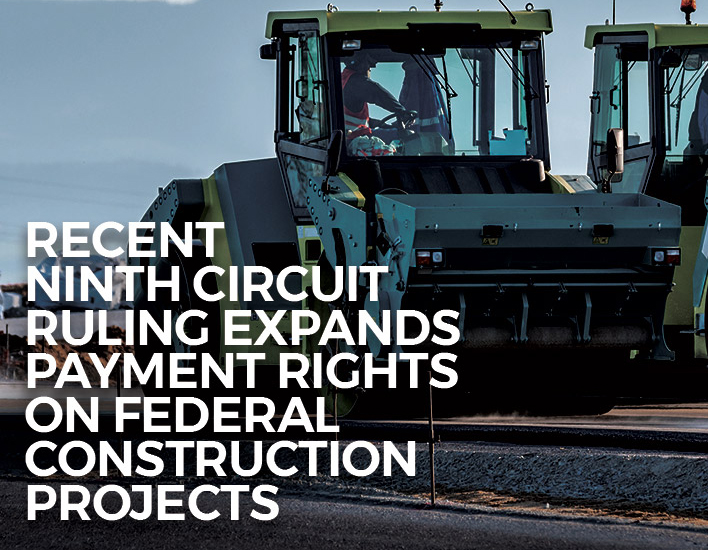By: Chad T. Wishchuk, Esq. of Finch, Thornton & Baird, LLP.
The Supreme Court of California determined that employers are required to record missed break premiums on paystubs and may be subject to penalties if these premiums are not paid at the end of the employee’s employment.
On May 23rd, 2022, the Supreme Court of California issued its decision in Naranjo v. Spectrum Security (“Naranjo”). The court’s decision requires employers to put missed break premiums on pay stubs if the premiums were earned, even if they were never paid. The court also decided premiums owed for meal and rest break violations must be paid timely at the end of the employee’s employment, or else waiting time penalties for up to as much as 30 days’ wages may apply.
The legal issue in Naranjo was whether an employer violated Labor Code section 226.7 and Labor Code section 203 by failing to record and timely pay missed break premiums..
Labor Code section 226.7 requires employers to pay one additional hour of pay (a premium) for each workday in which a meal, rest, or recovery period is not provided. Labor Code section 203 requires employers to pay employees all wages timely upon termination or resignation. If an employer fails to timely pay, they can be subject to waiting time penalties.
The Naranjo court held that missed break pay must be reported on the employees’ paystubs. Additionally, the court held that if an employer does not pay the missed break premiums promptly upon resignation or termination, the employer can also be liable for waiting time penalties equal to 30 days’ wages.
These waiting time penalties are in addition to penalties that may be assessed under section 226.7. Thus, employers must be aware of any missed breaks and promptly pay employees no later than the end of their employment to avoid these penalties.
what should employers do?
- Have and disseminate a compliant meal and rest break policy;
- Make sure each employee is taking all breaks and that each employee is completely and accurately recording their start and stop times for all their breaks;
- If an employee does not take a meal or rest break, determine if premium pay is appropriate and report it on pay stubs;
- Prior to issuing a final payment at the end of each employee’s job, determine if any missed break premiums are due. If so, pay them in the employee’s final paycheck.
For more information
To learn more about Labor Code section 226.7, please contact Chad T. Wishchuk or Marlene C. Nowlin of Finch, Thornton & Baird, LLP at (858) 737-3100.
Download the full article here.
DISCLAIMER: This new law advisory is a publication of Finch, Thornton & Baird, LLP, for the purpose of providing information relating to recent legal developments. It is not intended, nor should it be used, as a substitute for specific legal advice, and it does not create an attorney-client relationship.


